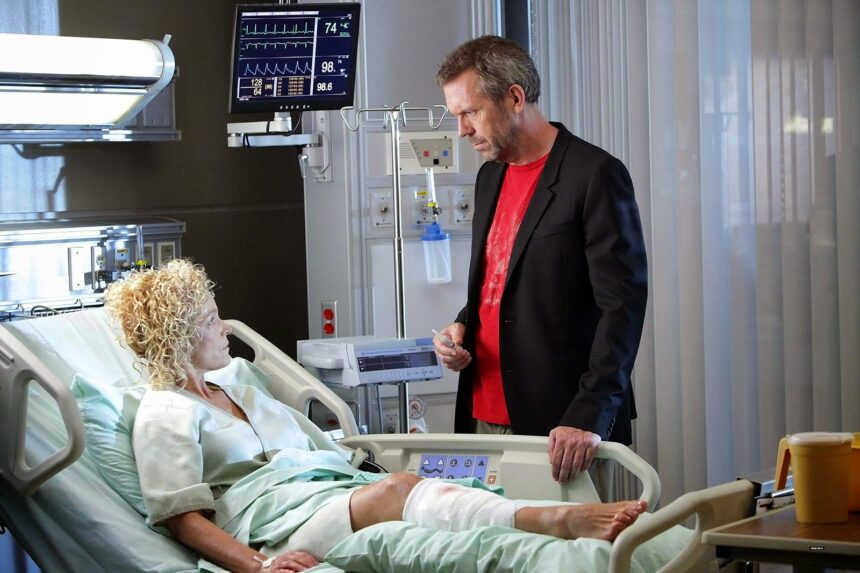The modern pharmaceutical industry, now accounting for annual sales of over one trillion dollars, started from humble roots in the late 19th and early 20th century. Companies that are now global leaders and household names in this sector, like Johnson and Johnson or Pfizer, can trace their roots back to pharmacists looking to scale their businesses and chemical manufacturers discovering medicines largely through serendipity. Today, with the cost of drug development being quoted as anywhere up to $4 billion, it is an industry that is not for the inexperienced or those without deep pockets. Starting a new drug company requires significant investment and is highly risky, keeping the doors firmly shut to most would-be medicinal entrepreneurs. Now, technology has changed everything. The same digital revolution that has allowed companies like Facebook and Uber to achieve enormous global scale in such short timescales is now driving a revolution in healthcare, allowing innovators to connect with vast numbers of customers extremely quickly and / or develop new products and services in the kind of rapid timescales that represent the blink of an eye for a traditional drug developer. But healthcare has a secret weapon that I think could accelerate technological innovation in this sector much more quickly than in any other – patients. Entrepreneurs are often driven by a passion for solving a problem that is personal to them, to a level that can be an obsession. Think of Steve Jobs’ desire to seamlessly combine technology and design for better user experience, or Elon Musk’s passion for making the electric car a mainstream reality. But what stronger obsession can there be than that of a patient seeking to improve their quality, or length, of life? These are the patients, or indeed their family or carers, who have looked for traditional medicine for help and found it lacking. They have looked in every corner of the world for new innovations coming through that might offer some hope – and found nothing. They have been left dissatisfied by what they see and decided the only way forward is to help themselves. Welcome to the age of the patientpreneur. They are making a difference by building communities, advising other commercial companies, crowdsourcing new research and, perhaps most impressively, building new technologies that can change not only their lives but all those with similar conditions. These patientpreneurs are launching companies, securing investment and achieving global scale by combining typical entrepreneurial skills with their own, very personal perspective on living with a condition, providing a unique 24/7 viewpoint that no market research can match. It would be wrong of me to single out any specific individual, or company, but many of these patientpreneurs are people I would consider friends and the individuals who inspire me every day. If you want a glimpse of some of the types of people I am talking about then you will find many of them in abundance at the upcoming Frontiers Health event in Berlin, where I will be discussing exactly this convergence of medicine, data, and technology. We need the pharmaceutical industry to continue to grow and develop ever better drug interventions, but for me, the emerging era of the patientpreneurs represents a renaissance in medicine that will see an industry of technological medicine grow to rival its traditional cousin in size – and complement it in doing so. The next Mark Zuckerberg may do more than keep you connected to your friends, they might just save your life.
Welcome to the age of the patientpreneur

Share This Article
